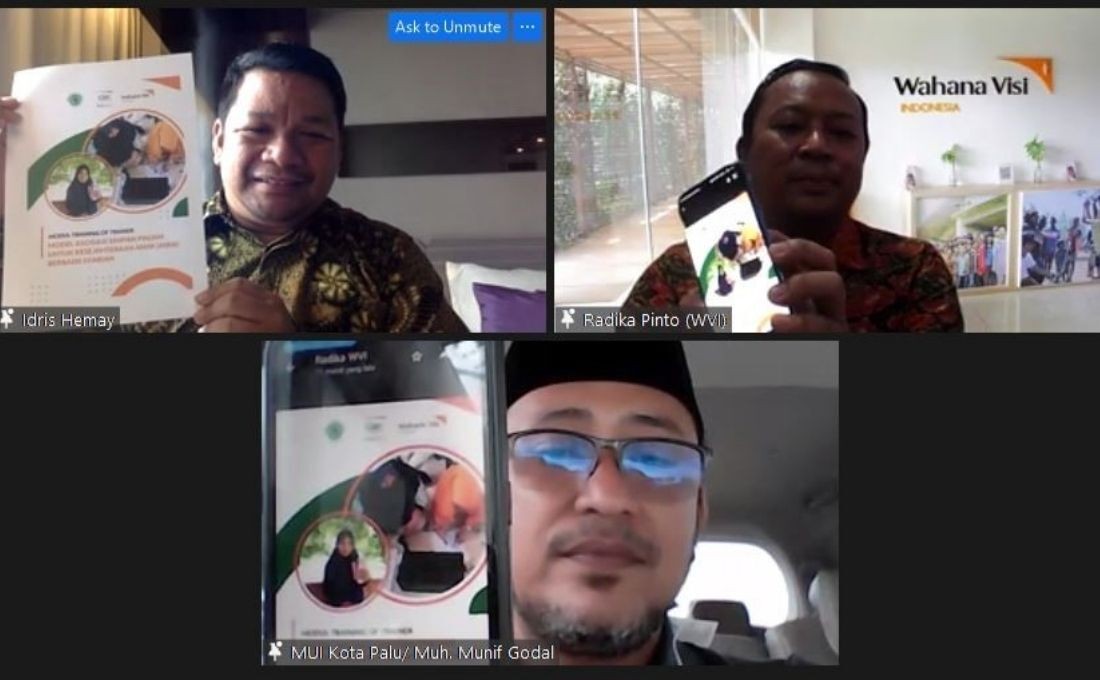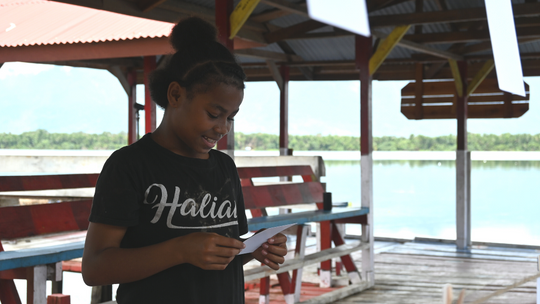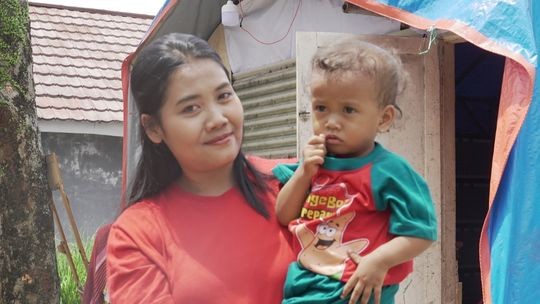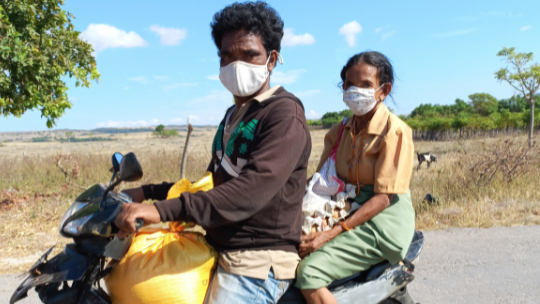Improving Child Welfare, WVI Collaborates with MUI and Academics to Work on the ASKA Syariah Module

To support the improvement of children's welfare, Wahana Visi Indonesia with the Indonesian Ulema Council of Palu (Palu City MUI) and the Center for The Study of Religion and Culture, Jakarta State Islamic University (CSRC-UIN) launched the Savings and Loans Association for Child Welfare (ASKA) module based on Syariah together. The launch of this module aims to support the government in realizing the financial inclusion of rural communities and increasing financial literacy capacity.
The ASKA Syariah module is one of WVI's empowerment programs built to improve household economic management capabilities through a simple community-based savings and loan system. The community is given financial literacy training so they can manage income appropriately to meet the needs of their families, especially children. In addition, there are more accessible savings and loan facilities and the management of social funds to help members in need. It all happened within the ASKA group.
WVI's Economic and Livelihood Resilience Team Leader, Fransisca Novita explained that the ASKA program bridges rural communities that cannot access higher-level financial institutions such as banks, cooperatives, and others. By joining ASKA, it means that members can save with a nominal value of only Rp2,000 or according to the member's agreement, and the system is easy to understand even for people who cannot read and write.
“One of the interesting things is that ASKA can fulfill the needs of the community in the fields of education and health for children and families. We hope that this module can be used not only in WVI assisted areas but also in other areas,” said Fransisca.
Director of CSRC, Jakarta State Islamic University, Idris Hemay, M.Sc. explains the ASKA savings and loan process in line with Islamic Syariah principles. The first is the principle of saving or Iddikhar in which members are trained to manage their finances for the future and avoid the practice of usury. In addition, there is the principle of soft loans, or Qardu Hasan and Mudharabah recommend providing loans to meet consumptive needs. Efforts to help each other for social good by members are also following the principles of social cooperation between Tauwun and Takaful.
“ASKA can help its members not to be ensnared by moneylenders because that is when members can avoid usury. CSRC UIN Jakarta hopes that this can be developed in other areas, because there are still many people and communities who need assistance, especially in rural areas," said Idris.
The Secretary of the MUI of Palu City, H. Muhammad Munif Godal, MA said the same thing. He hopes that the public will no longer doubt the ASKA group because its foundations are quite clear from the Al-Qur'an, Hadits, and the views of the scholar. According to him, the ASKA program helps its members free from the economic crash that can keep people away from God and kindness as written in the Hadits.
“ASKA is a brilliant and effective solution, especially for the Muslims and people living in areas that are difficult to reach. We from the Palu City Islamic Ulema Council, Insha Allah with WVI Central Sulawesi will continue to increase cooperation," said Munif.
WVI noted that the number of ASKA groups increased from 442 groups in 2020 to 731 groups in 2021 or around 65%. The number of ASKA members also increased from 8,392 members to 11,173 members in the same year or about 33%. The total funds managed by ASKA members were also recorded at IDR 4.5 billion in 2021.
Written by: Arya Dwiputra, Media Relation Executive Wahana Visi Indonesia
Translated by: Aqueta Alexandra Kroons, Intern Wahana Visi Indonesia.



